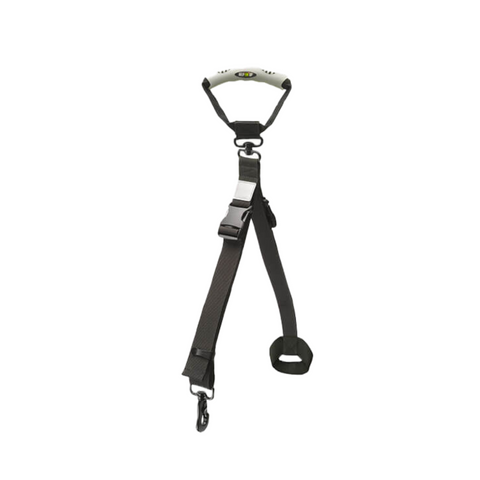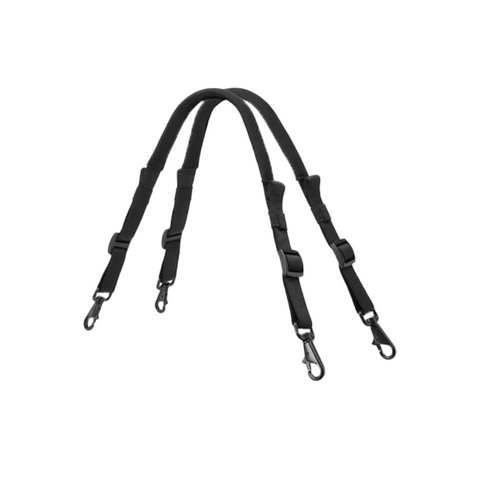According to the Alzheimer’s Association, every 67 seconds, someone in the U.S. develops dementia, a disease that affects more than 5.3 million Americans.
Although we often think of people getting dementia, we rarely think about senior dogs getting dementia. In dogs it is called cognitive dysfunction disorder (CDD), a disease related to the aging of a dog’s brain. Unlike the normal signs of aging – hearing and vision loss or a general slowing down – CDD often involves a problem with thought processing and a change in personality.
CDD is caused by physical changes in the brain. Research has shown that some older dogs with CDD have brain lesions similar to those that physicians see in Alzheimer’s patients. This results in deterioration in how you dog thinks, learns and remembers. Unfortunately, no one knows what causes dog dementia, but genetics is said to play a part.
Symptoms of Dog Dementia
Always check with your veterinarian to rule out any other medical conditions. In addition to a thorough physical examination, your vet may perform routine blood tests, ultrasounds, and X-rays to eliminate the possibility of other diseases that may lead to behavioral changes associated with cognitive dysfunction syndrome. Your dog may have one or a multitude of the dementia symptoms listed below:
- Gets lost in familiar places such as the backyard or at home
- Gets trapped in tight spaces or room corners
- Loses appetite
- Confusion/restlessness often leading to pacing back and forth in circles
- Decreased desire to play, go for walks
- Forgets trained behaviors that were once familiar
- No recognition to his/her name
- Trembles
- Falls off of things
- Excessive barking for no apparent reason
- Defecating or urinating in the house
- Excessive licking
- Failure to remember previous routines
- Stares into space
- Sleeps more during the day than during the night
- Startles easily
What You Can Do to Help Your Dog
Although there is no “cure” for dog dementia, there are some things you can do to help your dog. Treatments for canine dementia are most effective when they are started before the signs of cognitive dysfunction start to show. This is equally true in humans, which is why researchers are working on tests to predict Alzheimer’s long before symptoms appear.
It’s important that your dog remain physically and mentally active to prevent “cognitive decline”. A day that involves play with interactive toys, exercise and routine will help to keep your dog stimulated.
Keep a log of what behaviors you have noticed, the timeframe or how often you notice these behaviors, and make an appointment with your veterinarian to discuss. Tell your veterinarian about your dog’s symptoms so he/she knows it’s not just about old age. There is a drug available called selegiline or L-deprenyl (brand name Anipryl®) which can increase the amount of dopamine in your dog’s brain. Your veterinarian may suggest a special, balanced diet to help with learning and memory. Often the diet is high in antioxidants, vitamin E and C, selenium, flavonoids, beta carotene, carotenoids, Omega-3, and carnitine.
Most importantly, you will need to be patient with your senior dog. His world is changing. Help ‘Em Up dedicated to ensuring your senior dog’s mobility, through our revolutionary harness that can keep your dog active well into his senior years.



